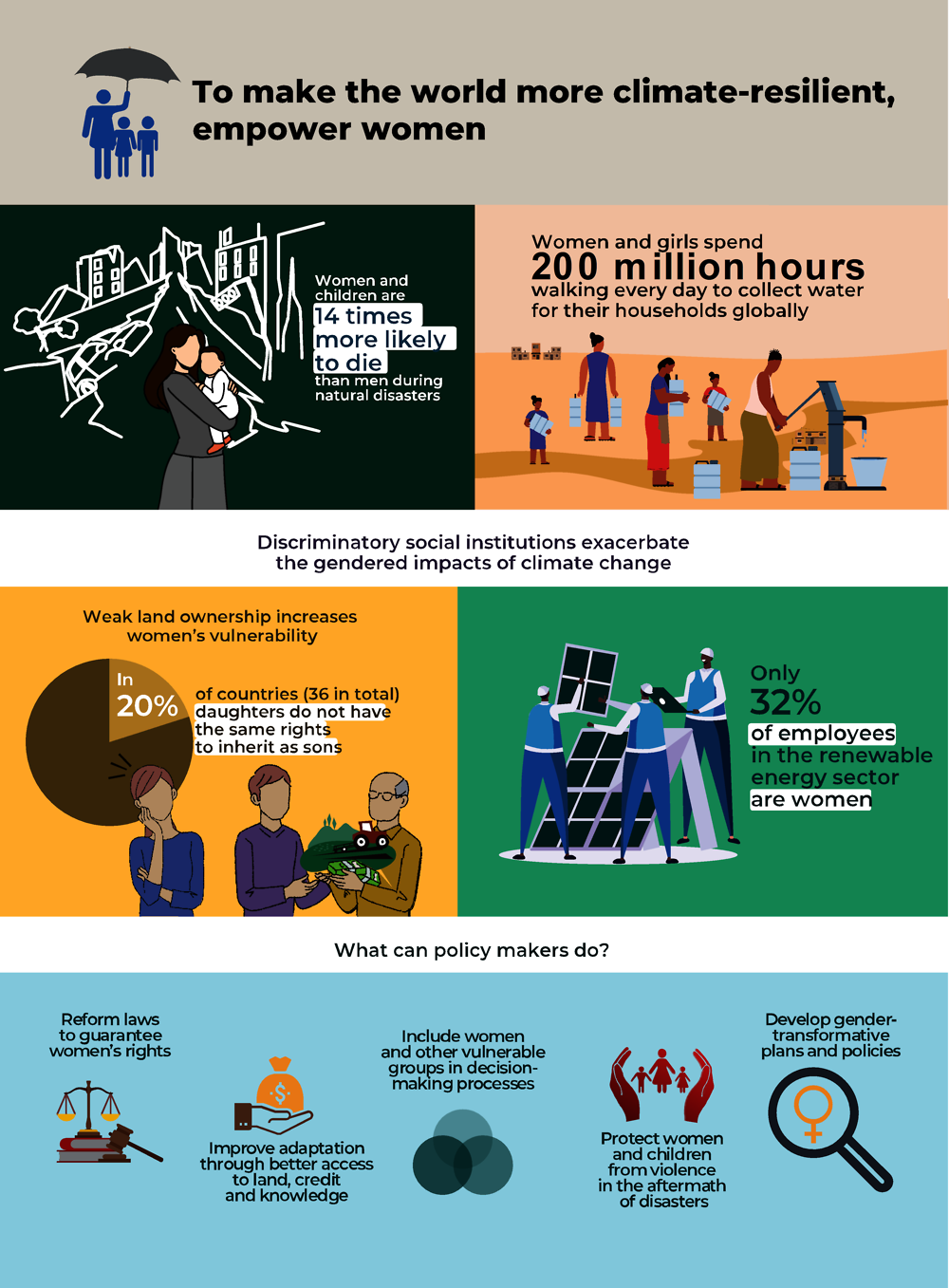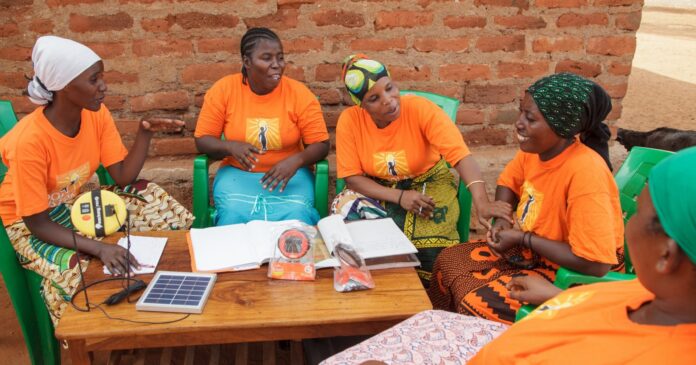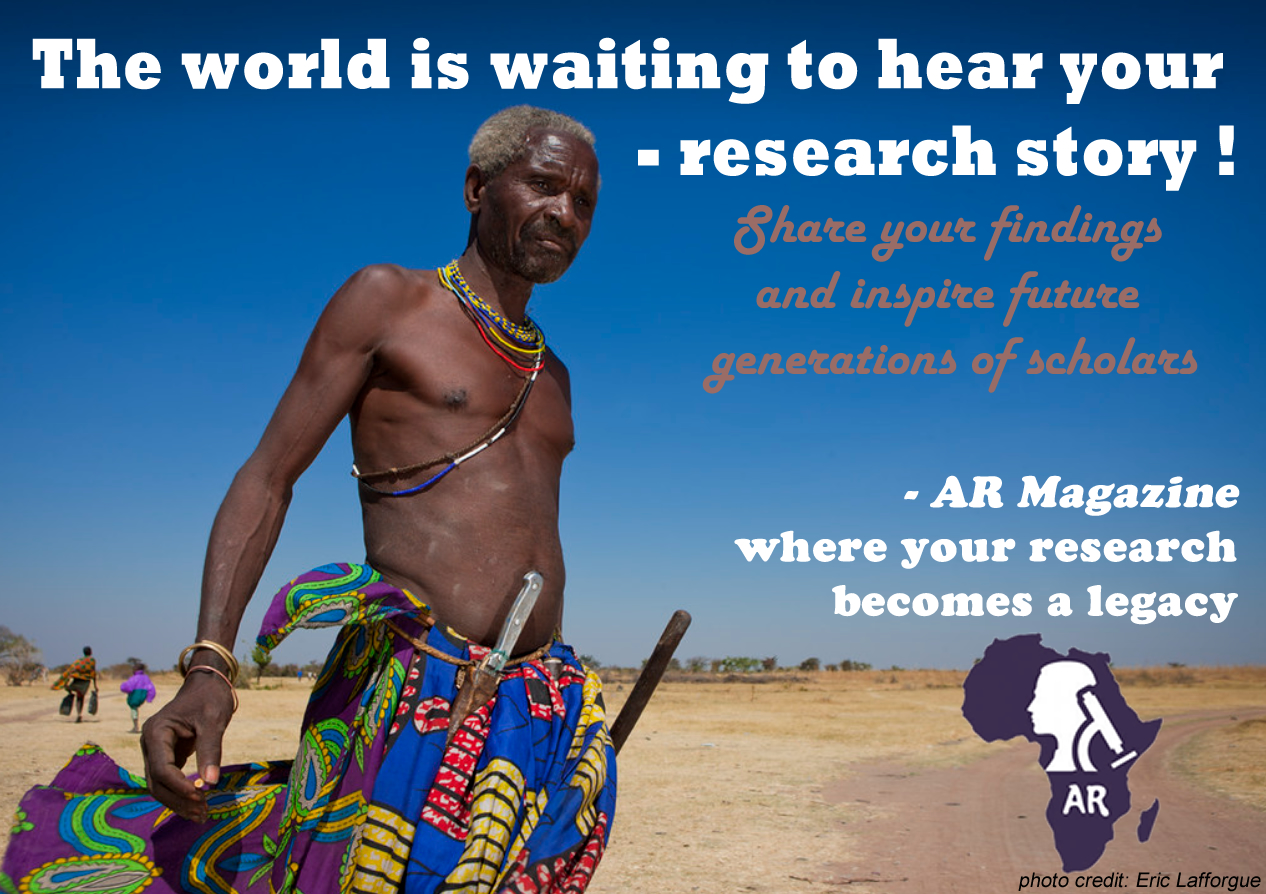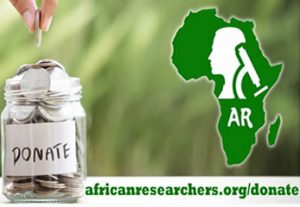A recent article by Ssennono et al., (2023) titled “Climatic shocks and multidimensional energy poverty in Ugandan households: does women empowerment play a moderating role?” published in International Journal of Sustainable Energy by Taylor & Francis, shows that climatic shocks increase energy poverty, but women empowerment reduces energy poverty amidst climatic shocks.
“
Climatic shocks increase energy poverty, but women’s empowerment, especially when both genders are empowered, mitigates its impact significantly in Ugandan– Ssennono et al., 2023
The article explores the effect of climatic shocks and women’s empowerment on multidimensional energy poverty in Uganda. The authors use panel data from the Uganda National Panel Surveys and the World Bank African Rainfall Climatology Version 2 database to analyze the relationship between these variables. The authors defined multidimensional energy poverty as the inability to realize basic energy needs due to a lack of essential capabilities or insufficient choices in accessing and using modern energy services reasonably. The study also posits that climatic shocks are unexpected weather events that outstrip the capacity of households to cope with them, such as prolonged droughts, floods, landslides, and irregular rainfall. The study posits that climatic shocks have adverse effects on microeconomic systems, the environment, and livelihoods, ultimately impacting human well-being. In addition, the authors defined women’s empowerment as the ability of women to access and manage material and social resources as well as influence issues that affect them.
How the study was conducted
The study employed panel data from the Uganda National Panel Surveys (UNPS) from 2013/14 to 2019/20, which provide information on household energy access, cooking solutions, modern energy appliances, women empowerment, and climatic shocks. The study also used the World Bank African Rainfall Climatology Version 2 (ARC2) database, which provides daily rainfall estimates at 10 km resolution. The authors selected a balanced panel of 1,596 households that were surveyed in all four waves of the UNPS. The sample was representative of the rural and urban populations of Uganda.
The authors constructed a multidimensional energy poverty index (MEPI) based on four dimensions: electricity access, clean cooking, modern energy appliances, and energy expenditure. The study also measured women’s empowerment using a composite index based on six indicators: ownership of assets, decision-making, mobility, domestic violence, social participation, and access to information. The authors also employed four types of climatic shocks: drought, floods, landslides, and irregular rainfall. In addition, the authors employed a fixed effects model to estimate the effect of climatic shocks and women’s empowerment on multidimensional energy poverty, controlling for household and regional characteristics. The study also tested the moderating role of women’s empowerment in the climatic shock-energy poverty nexus using interaction terms.
What the Authors Found
Climatic shocks increase energy poverty. The authors found that drought, floods, landslides, and irregular rainfall have a positive and significant effect on multidimensional energy poverty, indicating that households exposed to these shocks are more likely to be energy poor.
Women’s empowerment reduces energy poverty amidst climatic shocks. The authors found that women’s empowerment, measured by the Women Empowerment in Agriculture Index (WEAI), has a negative and significant effect on multidimensional energy poverty, implying that households with more empowered women are less likely to be energy poor. Moreover, they found that women’s empowerment moderates the effect of climatic shocks on energy poverty, such that the negative impact of shocks is lower for households with more empowered women.
Joint empowerment of both genders is more effective in reducing energy poverty. The study found that the interaction between women empowerment and men empowerment, measured by the Men Empowerment in Agriculture Index (MEAI), has a negative and significant effect on multidimensional energy poverty, suggesting that households where both genders are empowered are better able to cope with climatic shocks and reduce their energy poverty.
Why is this important?
This article is important because it examines the effect of climatic shocks and women’s empowerment on multidimensional energy poverty in Uganda. Multidimensional energy poverty is a situation where households lack access to and use of modern energy services for lighting, cooking, heating, cooling, and appliances. Climatic shocks are unexpected weather events such as drought, floods, landslides, and irregular rainfall that affect the availability and affordability of energy sources and services. Women’s empowerment is the ability of women to access and manage material and social resources as well as influence issues that affect them.

Illustrative Image: Empowering Women to Alleviate Energy Poverty: Insights from Uganda’s Climatic Shocks Study
Image Source & Credit: oecd-Lilibrary
What the Authors Recommend
- The authors suggest that the government should invest in climate-resilient infrastructure, early warning systems, and social protection programs to mitigate the adverse effects of drought, floods, landslides, and irregular rainfall on energy access and use.
- The authors argue that empowering women in relation to men, especially in terms of economic opportunities, decision-making power, and access to resources, can improve their energy choices and reduce their vulnerability to energy poverty.
- The authors emphasize that both men and women should be empowered in the same household to achieve optimal energy outcomes. The study proposes that gender-sensitive policies and programs should be implemented to address the existing disparities and barriers to energy access and use.
In conclusion, Ssennono et al.’s (2023) study sheds light on the intricate dynamics between climatic shocks, women’s empowerment, and multidimensional energy poverty in Uganda. The research underscores the adverse impact of climatic shocks on energy poverty while highlighting the mitigating role of women’s empowerment. The findings emphasize the need for climate-resilient infrastructure and social protection programs. Moreover, the study advocates for gender-sensitive policies, stressing the joint empowerment of both genders as a powerful strategy to enhance resilience and reduce energy poverty in households. This research not only contributes to our understanding of the complex interplay of factors affecting energy poverty but also provides actionable recommendations for policymakers and stakeholders to foster sustainable solutions in the face of climatic challenges.
Cite this article as (APA format):
AR Managing Editor (2023). Empowering Women to Alleviate Energy Poverty: Insights from Uganda’s Climatic Shocks Study. Retrieved from https://www.africanresearchers.org/empowering-women-to-alleviate-energy-poverty-insights-from-ugandas-climatic-shocks-study/






 The African Research (AR) Index is a comprehensive scholarly directory and database focused explicitly on journal publishers that publish and disseminate African research.
The African Research (AR) Index is a comprehensive scholarly directory and database focused explicitly on journal publishers that publish and disseminate African research.


